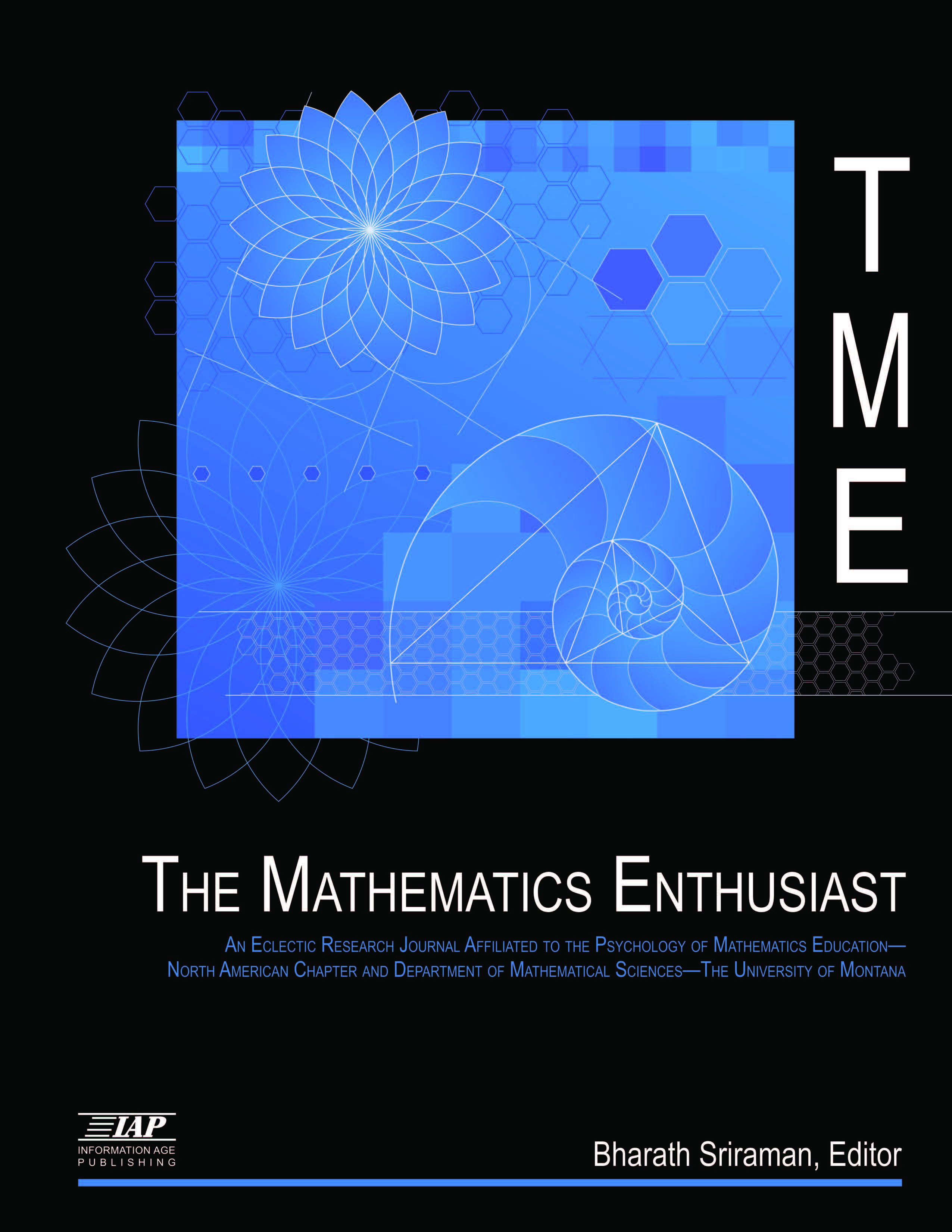
Volume
12
Issue
1-3
Abstract
Clarifying what is normative or appropriate reasoning under various circumstances provides a valuable reference for guiding what should be taught, and, in contrast, what should not be. This paper proposes a cognitive framework for viewing normative reasoning and behavior under uncertainty, including the applying of knowledge of probability and statistics in real world situations; and identifies implications for educational practice. Factors relevant to normative reasoning under uncertainty that are addressed within the framework include: risk of misapplying statistics knowledge, involvement of mathematical and non-mathematical reasoning, knowledge of real world domains and situation/application detail, and existence of expert consensus. The cognitive framework is illustrated using examples of reasoning about risk, including industry standards for risk management. The work of Kahneman and Tversky, G. Gigerenzer, and others is related to and contrasted to the framework presented.
First Page
140
Last Page
156
Recommended Citation
Kuzmak, Sylvia
(2015)
"A Cognitive Framework for Normative Reasoning under Uncertainty, and Reasoning about Risk, and Implications for Educational Practice,"
The Mathematics Enthusiast: Vol. 12
:
No.
1
, Article 15.
DOI: https://doi.org/10.54870/1551-3440.1340
Available at:
https://scholarworks.umt.edu/tme/vol12/iss1/15
Digital Object Identifier (DOI)
10.54870/1551-3440.1340
